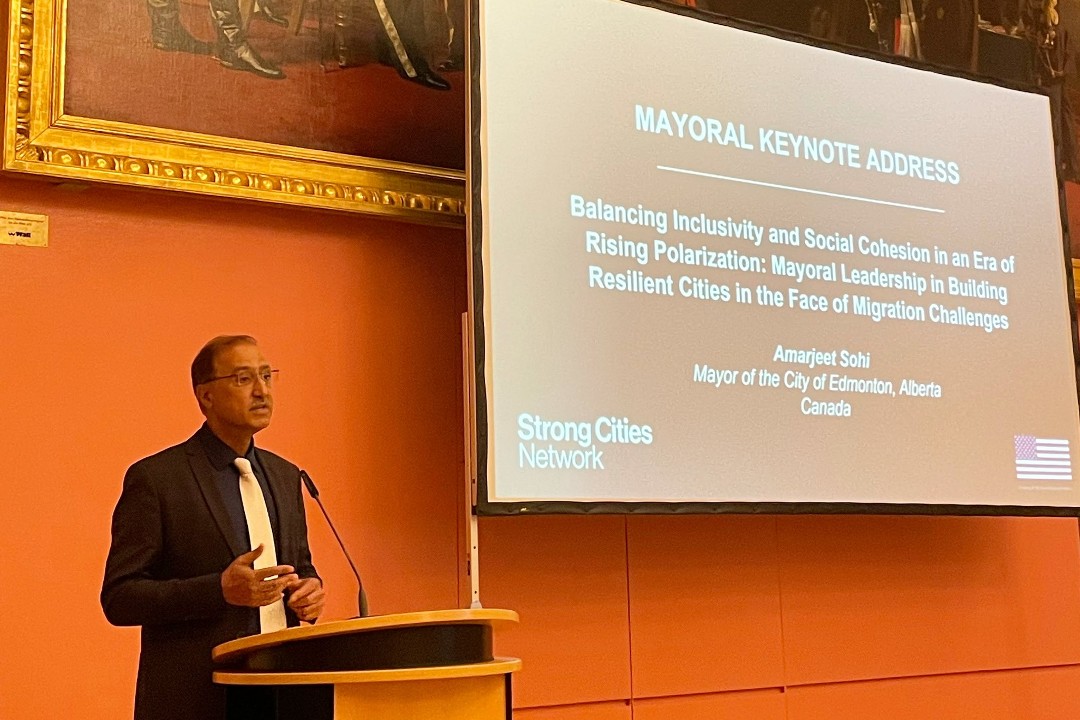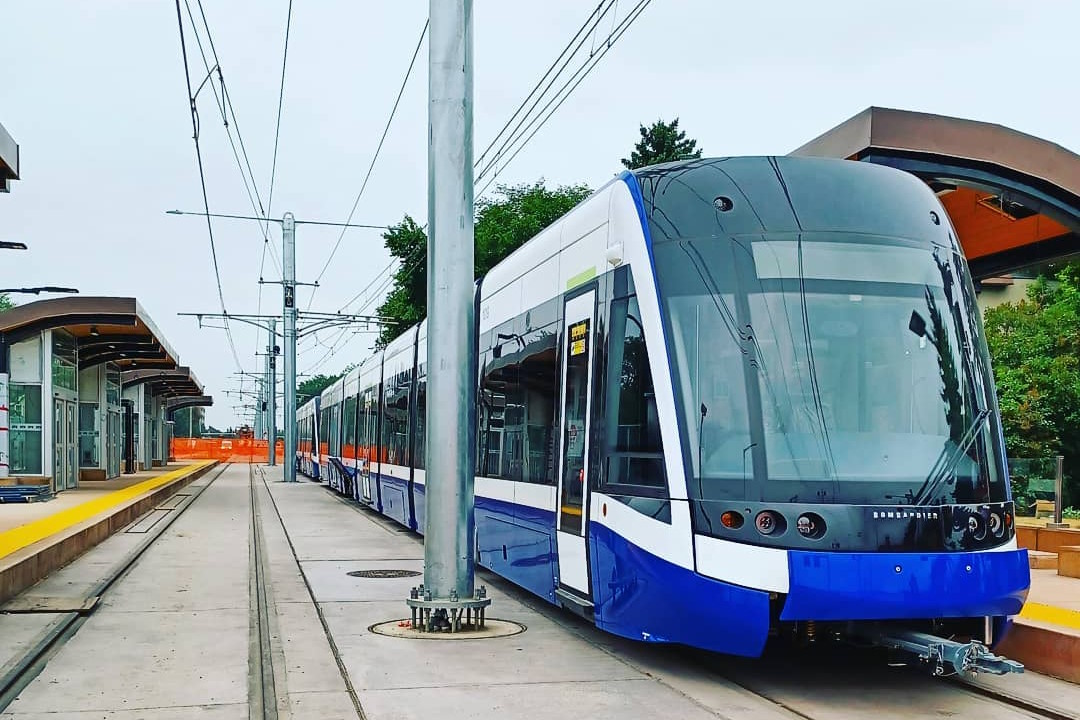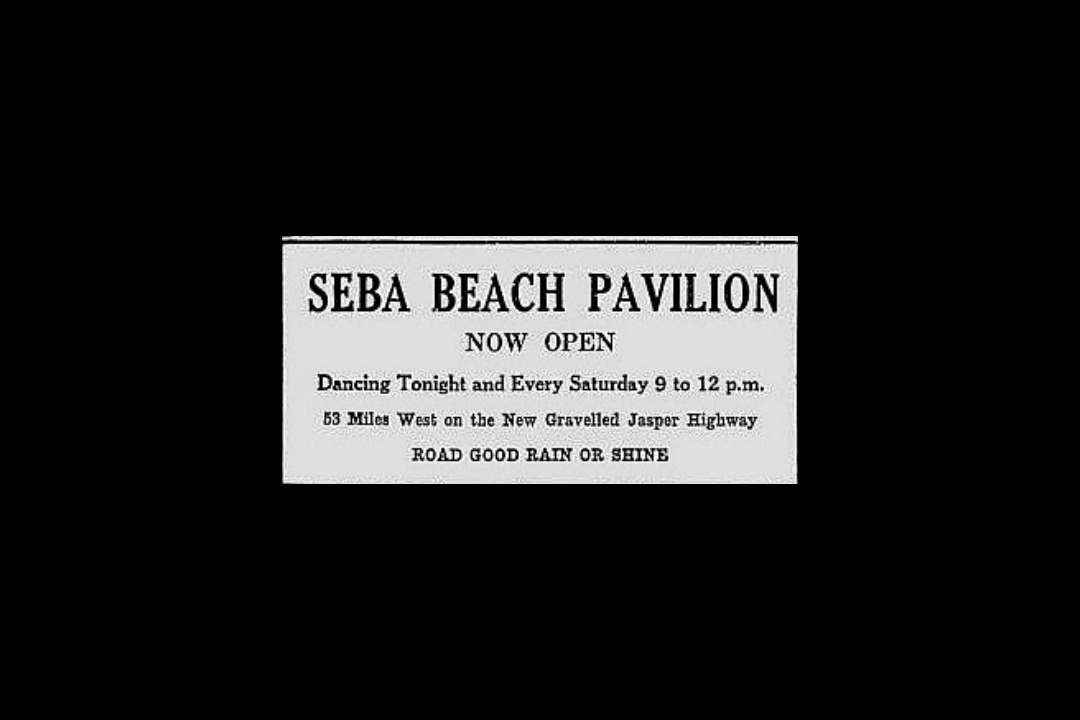
Mayor lauds anti-racism efforts amid acrimony
Committee in charge of Edmonton's strategy dissolved against its will, work now in administration's hands
By
Nathan Fung
When the Strong Cities Network invited Edmonton Mayor Amarjeet Sohi to Berlin to talk about the city's anti-racism efforts, he jumped at the chance.
"Anti-racism work is a generational work," Sohi told Taproot, recalling what he said in his June 16 presentation at the Cities on the Frontline conference. "It is not a one-time event. It takes generations to dismantle the colonial system, takes generations to deal with the systemic nature of racism and how institutionalized it is."
Anti-racism was Sohi's first order of business after he was elected mayor, and he says work on the file has accelerated since. But the Anti-Racism Advisory Committee (ARAC), which was charged with shaping the city's anti-racism efforts, was told in March that its work was being paused. That has led members to question the way the city handles community involvement as it implements its strategy.
Sohi said the committee concluded its work after it helped create the city's anti-racism strategy, which city council approved in February 2022.
"The Anti-Racism Advisory Committee played a very important role, putting together our high-level strategy on the anti-racism initiative that I launched when I got elected," he said. "And they have done a remarkable job."
However, Shalini Sinha, the committee's chair, said the decision to pause ARAC was not what the committee wanted.
"It's against everything we fought for to say that the city will pause (ARAC) while the city implements their anti-racism strategy, while they determine the best way to go forward," Sinha told Taproot. "What we fought for from 2020 was partnership between people being impacted (by racism) and administration."
Meanwhile, others are wondering why some of the strategy's components haven't been implemented yet after being approved by council more than a year ago.
"There has been an anti-racism strategy for how long? We've got a strategy. This is an action plan. We need to go into action," said Africa Centre chair Kemoh Mansaray. "My fear is that it's going to be shelved and forgotten."



